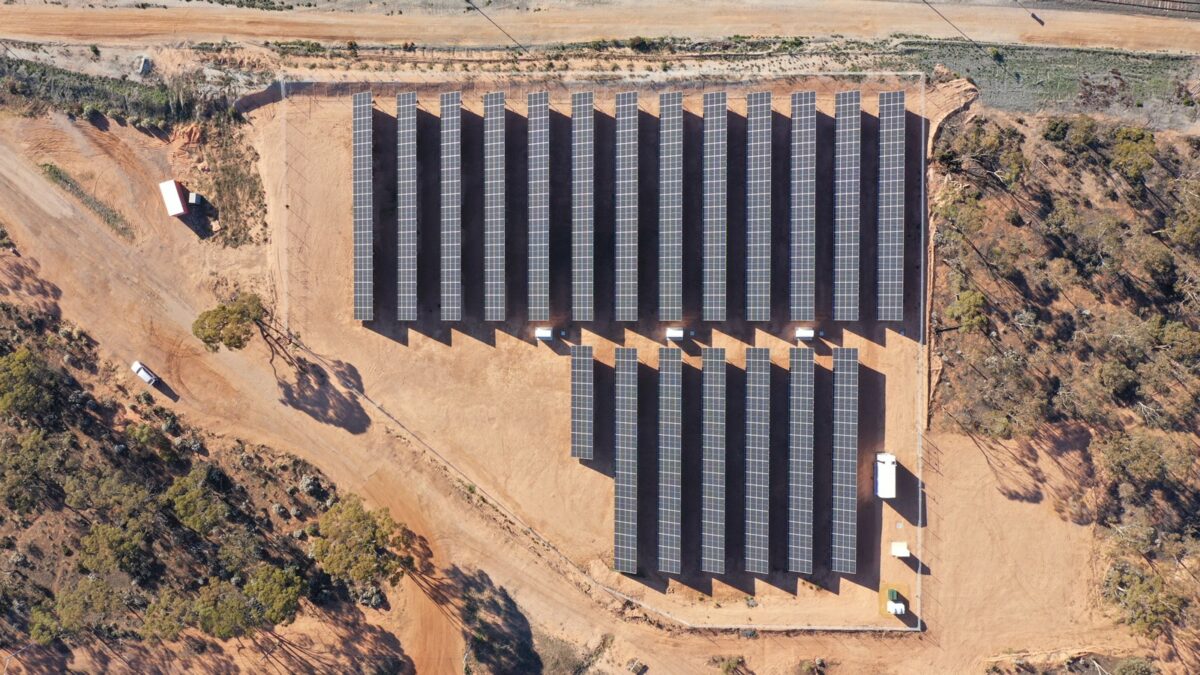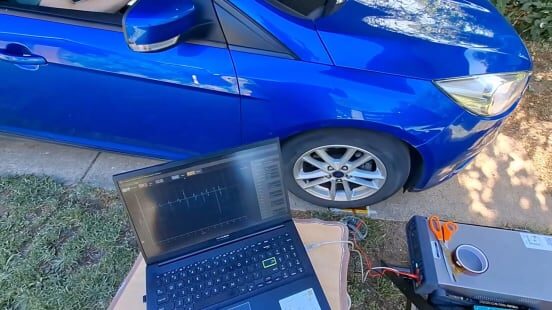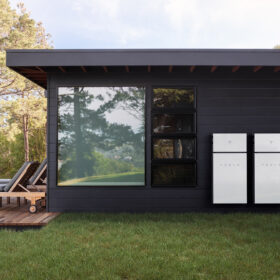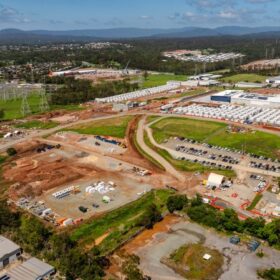Horizon Power has submitted plans to integrate grid-scale renewable energy generation and storage into the electricity supply for the Western Australian town of Derby to the Environment Protection and Biodiversity Conservation (EPBC) Act queue for assessment.
State-owned energy provider Horizon Power said the Derby Future Energy System (FES) is to feature a 21 MW solar facility and an up to 10 MW / 55 MWh battery energy storage system. It will also include an 8 MW gas-fuelled power station and up to 8.9 kilometres of new transmission line.
The EPBC Act, administrated by the federal government, aims to protect nationally threatened species and ecological communities.
In documents submitted to the EPBC portal, Horizon says the Derby project has been referred for assessment due to the potential impact the clearing of native vegetation will have on habitat suitable for threatened fauna species, including the Gouldian Finch, Northern Blue-tongued Skink and Northern Brushtail Possum. The project will require permanent clearing of up to 73.5 hectares of native vegetation and topsoil removal within the development envelope.
Construction of the project is expected to commence in 2027 with the operational phase anticipated to commence in 2029.
Horizon said the project has the potential to reduce carbon emissions by up to 12,060 tonnes per annum compared to the existing gas and diesel-fired Derby power station.
“Many towns in the Kimberley are powered by high-emission fossil fuels such as diesel and gas,” Horizon said. “In Derby, Horizon Power currently purchases power from an independent power producer. The power purchase agreement (PPA) is due to expire, providing Horizon Power with an opportunity to integrate grid-scale renewable electricity into the town supply.”
Derby is one of five towns targeted by Horizon as part of its Kimberley Future Energy System project that aims to also deliver long-term electricity supply solutions to meet the requirements of its customers in the towns of Halls Creek, Fitzroy Crossing, Looma-Camballin and Broome.
A key aspect of the project is the ‘Renewable Energy Guarantee,’ that paves the way for renewables to dominate the energy supply mix.
For Broome and Derby, the biggest markets, this guarantee is for at least 80% renewable energy. The minimum renewable energy generation supply for the smallest of the towns, Looma-Camballin, is 44%, while Fitzroy Crossing must have access to at least 45% renewables, and Halls Creek 55%.
Horizon is also advancing its plans to roll out renewables in Broome with an application lodged recently with the state Environmental Protection Agency for up to 90 MW of solar generation capacity plus a battery energy storage system with up to 42 MW of rated power. The plans also include up to 16 km of electricity transmission infrastructure.
The utility’s tender documents indicate the selected developer would receive a 20-year power purchase agreement with two options for a further five years each, at Horizon’s discretion.
This content is protected by copyright and may not be reused. If you want to cooperate with us and would like to reuse some of our content, please contact: editors@pv-magazine.com.









By submitting this form you agree to pv magazine using your data for the purposes of publishing your comment.
Your personal data will only be disclosed or otherwise transmitted to third parties for the purposes of spam filtering or if this is necessary for technical maintenance of the website. Any other transfer to third parties will not take place unless this is justified on the basis of applicable data protection regulations or if pv magazine is legally obliged to do so.
You may revoke this consent at any time with effect for the future, in which case your personal data will be deleted immediately. Otherwise, your data will be deleted if pv magazine has processed your request or the purpose of data storage is fulfilled.
Further information on data privacy can be found in our Data Protection Policy.